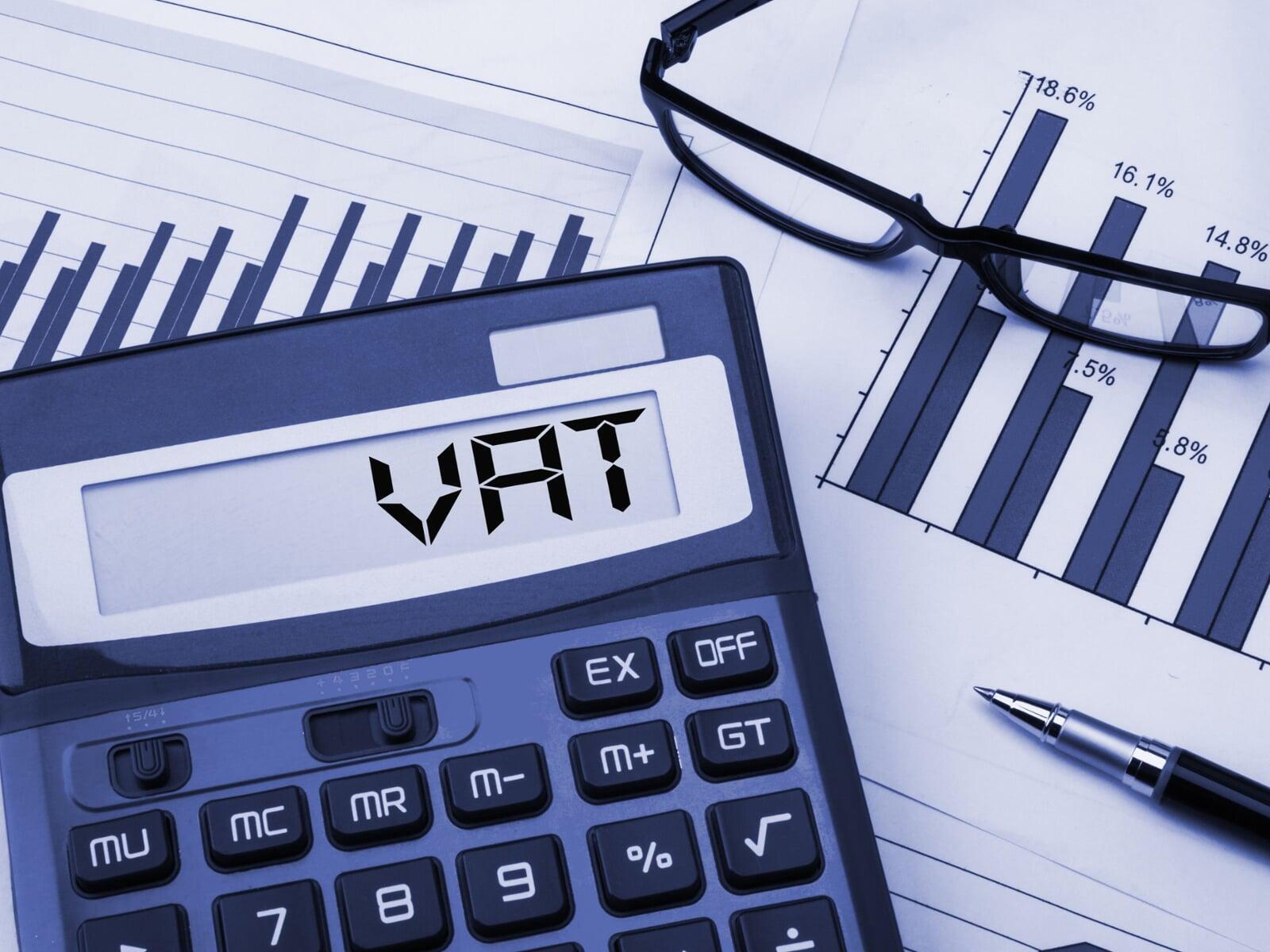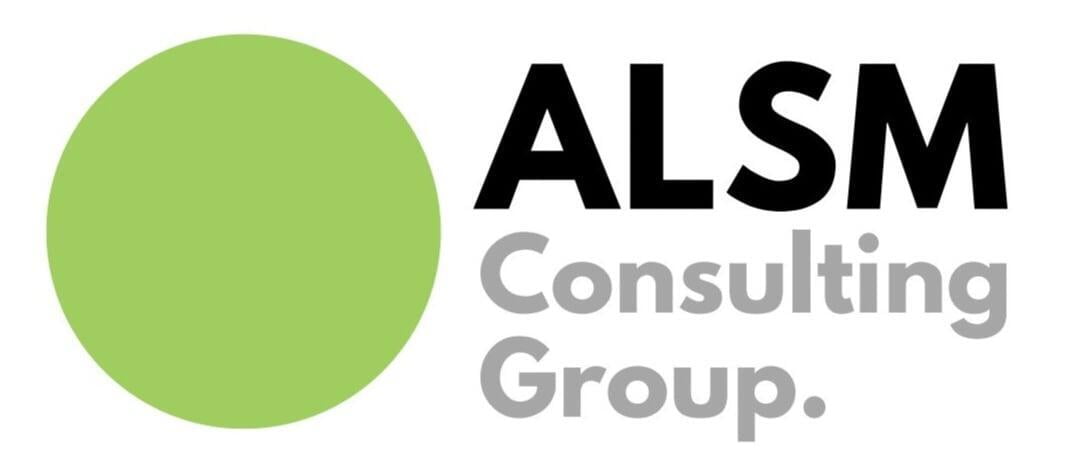Rwanda Previous Law (N° 049/2023) VS. New Amendments (N° 009/2025)
On 29 May 2025, Rwanda enacted significant amendments to its Value-Added Tax (VAT) regime through Law No. 009/2025, which revises Article 8 of Law No. 049/2023.(As seen here: [1],[2],[3],[4])
This legislative update marks a pivotal shift in how VAT exemptions are granted and regulated, affecting a wide range of industries and signaling the government's intention to broaden the tax base, promote transparency, and encourage targeted economic activity.

Key Highlights of the Rwanda VAT Reform

Sunny MATETI
Managing Partner
Chartered Accountant and Certified Public Accountant, I excel in managing intricate tasks, adhering to strict deadlines, and providing outstanding results. My expertise is grounded in a solid 17+ years of experience in auditing, accounting, tax, and advisory services.
Need help adapting to the new VAT law?
Let ALSM Ltd’s experts guide your compliance and tax planning strategy.
